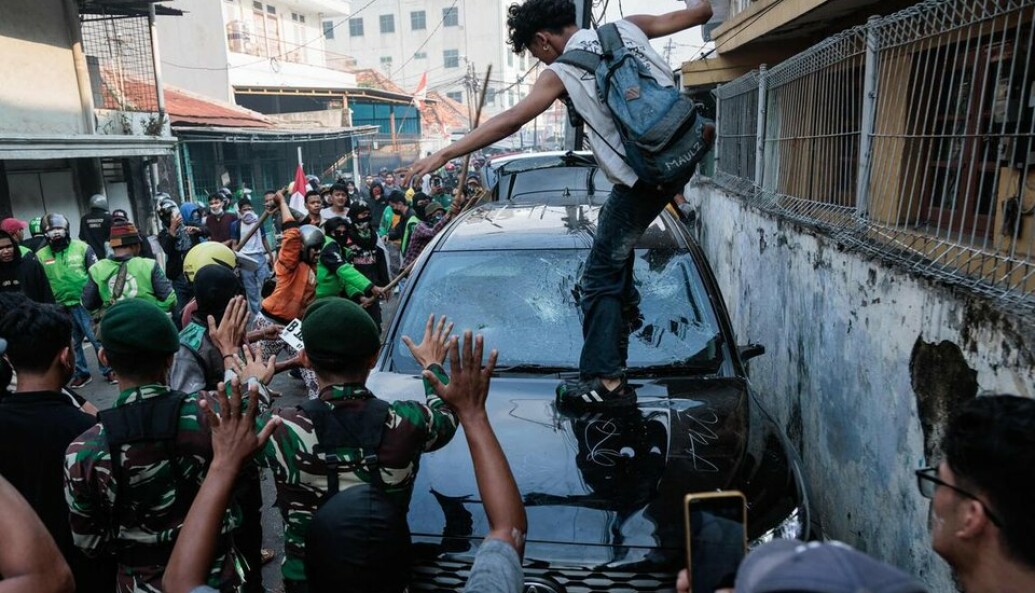One of the clearest signs of unrest in a nation is when anti-government protests persist for days, often escalating into violence and widespread public outcry. This has become a familiar sight across the world as citizens voice frustration over corruption and political neglect. Now, Indonesia is experiencing its own wave of anti-government demonstrations, largely driven by mounting cost-of-living pressures.
Although the protests initially drew mostly local attention, the situation intensified on 29 August 2025 when police ran over and killed a motorcycle taxi driver. The victim, later identified as 21-year-old Affan Kurniawan, was out completing a food delivery when he was struck outside the Indonesian House of Representatives. His death quickly propelled the protests into the international spotlight. By 30 August, reports confirmed that at least three people had been killed in the unrest.
The demonstrations, however, began earlier, after citizens discovered that lawmakers were receiving benefits far exceeding the average worker’s income. According to Al Jazeera, the 580 members of parliament were each receiving a monthly housing allowance of 50 million rupiah (about USD3,000) in addition to their salaries, nearly 20 times the monthly income of the average Indonesian.
Public anger has also been fueled by rising concerns over corruption, not only among the country’s political leadership but also within law enforcement. Many citizens view the housing allowance, introduced in 2024, as a symbol of deep inequality, coming at a time when ordinary people are struggling with high taxes, inflation, and stagnant wages. Videos circulating on social media have only intensified this sentiment, contrasting the lavish lifestyles of lawmakers with the daily hardships of average Indonesians.
As protests stretch into yet another day, frustration continues to mount. Demonstrators demand answers on the soaring cost of living, allegations of corruption, and the growing problem of police brutality. For now, however, it appears that the President has yet to meaningfully address these grievances, leaving citizens feeling unheard and unrest unresolved.







